September 30, 2016
On September 29, 2016, the United States Supreme Court granted certiorari in the matter of Lee v. Tam, regarding whether the disparagement provision of the Lanham Act is facially invalid under the First Amendment, particularly whether it restricts free speech. This is the appeal from the same case I wrote about last December. I am curious to see how the Supreme Court tackles this issue, and what I consider substantive errors in analysis made by the Federal Circuit last fall.
Nevertheless, while the legal issues are heavily nuanced and regard convoluted topics such as “chilling effects,” “government speech” versus “commercial speech,” “disparagement,” and what constitutes “use in commerce,” it appears the layperson is confused by the scope of the case. Particularly, after the news broke yesterday, the common theme was “why is a musical group not allowed to call itself the Slants?” – which is not only wholly irrelevant to the issue but is also a dangerous interpretation of what I consider to be an important trademark matter.
In short, you can name your rock band whatever you want. You can also name your professional football team whatever you want (looking at you, Washington Redskins). No one is going to stop you. The United States Patent and Trademark Office, however, may refuse to grant you a trademark registration for such a name. Not that the name cannot be a trademark – it can be – but “registration” confers additional benefits that may or may not extend to marks that the USPTO considers to be “disparaging” of people or groups. This is the entirety of what the Supreme Court is going to address.
Instead, here I will try to address the distinction between free speech, trademarks, and trademark registrations in general terms.
Continue reading
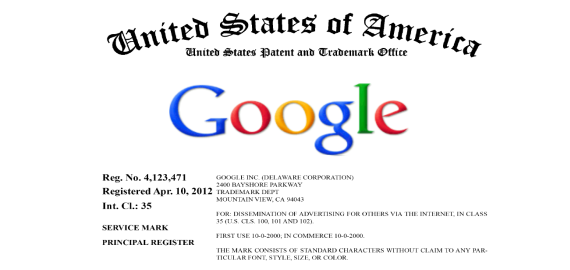


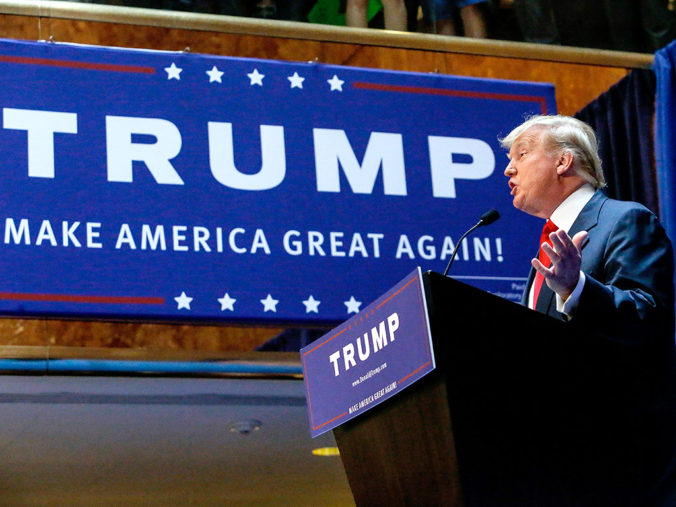
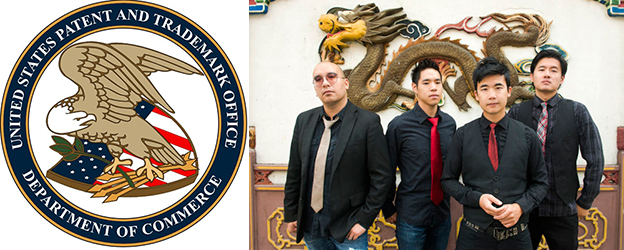
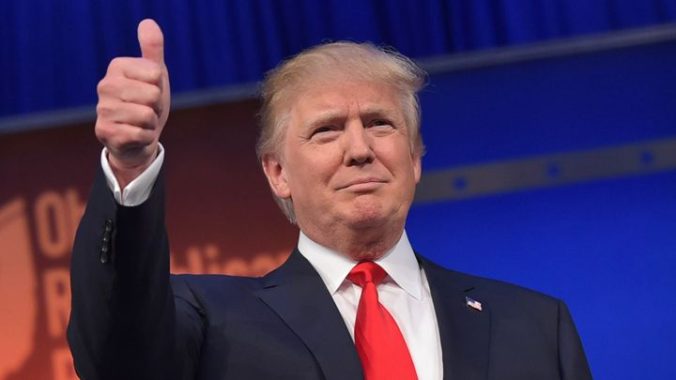
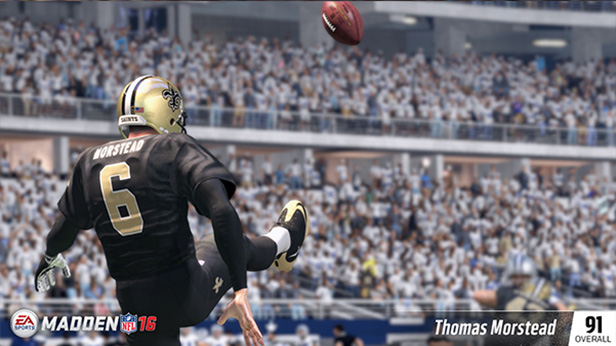
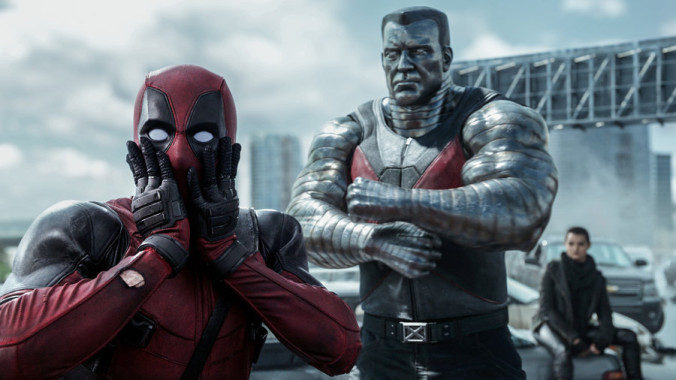
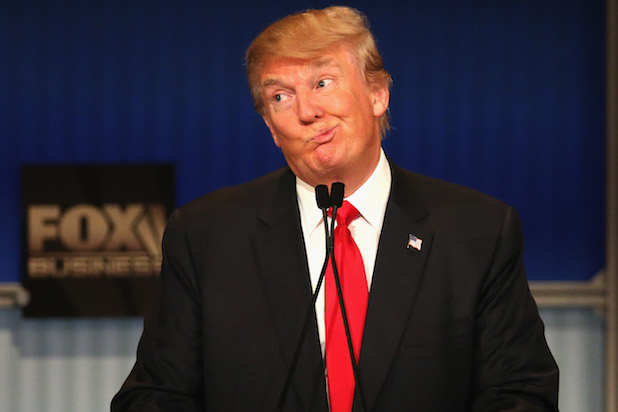
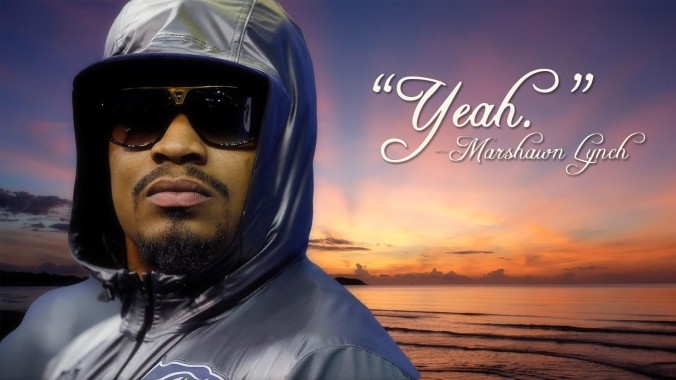
Recent Comments